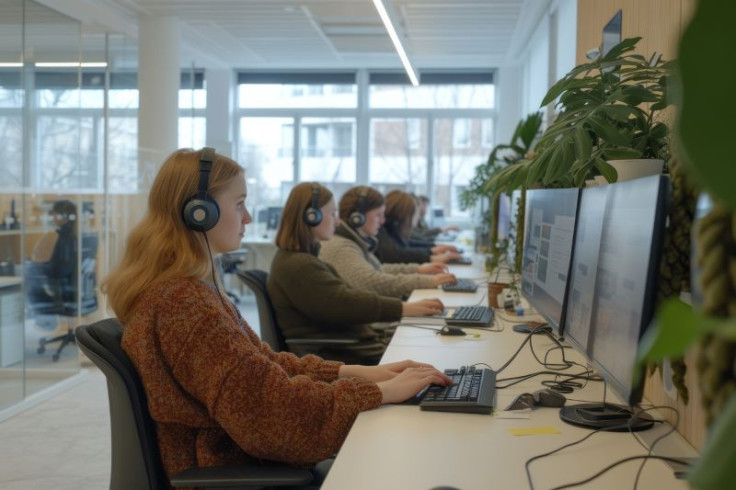Health Groups Dismiss Workplaces' 'Menopause Friendly' Labels, Blame Lack Of Solid Research

Leading health organizations have rejected claims by companies of being "menopause friendly," as a senate inquiry into the impact of menopause on workforce participation and productivity will begin its public hearings in June.
The senate inquiry by Greens senator Larissa Waters was set up to study the health and economic impact of menopause on Australian women and how it affects workforce participation and productivity, The Guardian reported.
Health organizations cited the lack of strong research methods used in the assessment of workplaces that claim to be "menopause friendly," and added that women should have a say in changes meant for them.
The submissions by the health organizations to the inquiry said several big companies in Australia hired dedicated commercial services to employ methods to assess the company's policies and procedures, and ensure there were programs to create awareness on menopause or whether related posters were displayed to determine if the workplace was "menopause friendly."
However, the experts pointed out these measures were not the best way to assess menopausal related issues at the workplace.
In their submission, the Royal Australian College of Obstetricians and Gynecologists stated: "Media coverage in the UK and Australia about women quitting their jobs because of menopausal symptoms is not supported by robust evidence."
The "lack of support and understanding by managers and inflexibility around working hours and conditions contribute significantly to the burden of menopausal symptoms," they added.
It was essential to conduct quality research on how to support women were having troublesome menopause phases, they added.
Prof Susan Davis from Monash University's Women's Health Research Program submitted: "There is currently no evidence-based workplace intervention that improves outcomes for working women or for employers. Commercial groups offering 'workplace menopause-friendly accreditation' need to be independently evaluated."
Earlier data has revealed that though most Australian women do not experience severe menopausal symptoms, it can still have an effect on their quality of life.
Chief executive of Jean Hailes, Dr Sarah White, stated it was important to hear what the women were experiencing and make suitable decisions. "There is absolutely a need to consider how workplaces respond when women are experiencing menopause symptoms, we need to make sure women are supported for full workforce participation," she said. "However, ... selling the idea that menopause is somehow exceptional is not, in my view, helpful when one considers that many women experience gendered ageism in the workplace," The Guardian reported.
The submission from the Australian Medical Association suggested a flexible and inclusive work environment and including a perimenopause/menopause policy to the existing health and safety risk assessments.
"A major hinderance to the provision of effective supports is the lack of evidence about what interventions/supports are actually helpful," Martha Hickey, the head of menopause services at the Royal Women's hospital in Victoria told the inquiry.
The committee is expected to submit its report in September.
© Copyright 2025 IBTimes AU. All rights reserved.




















